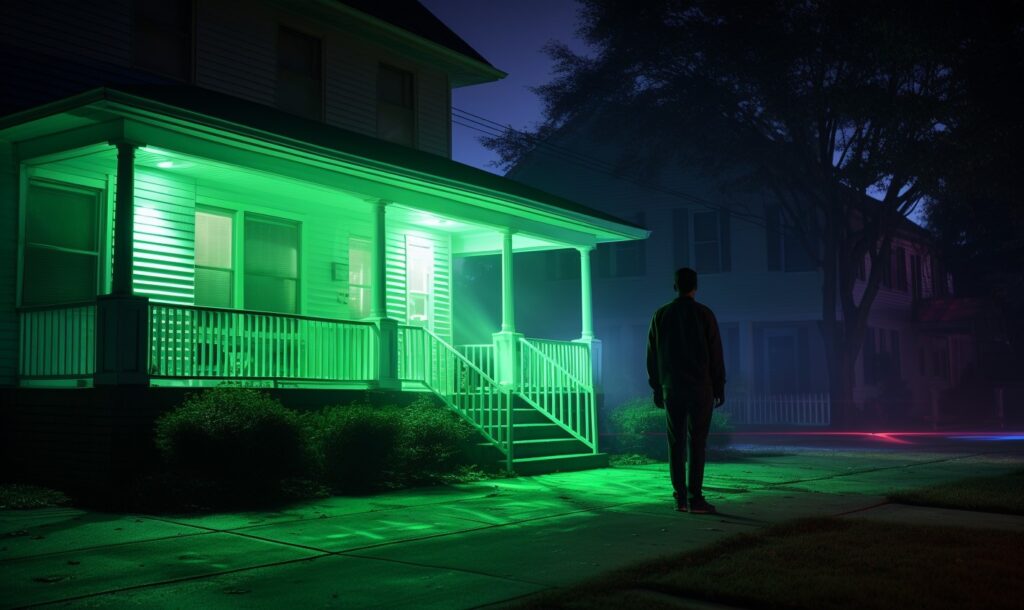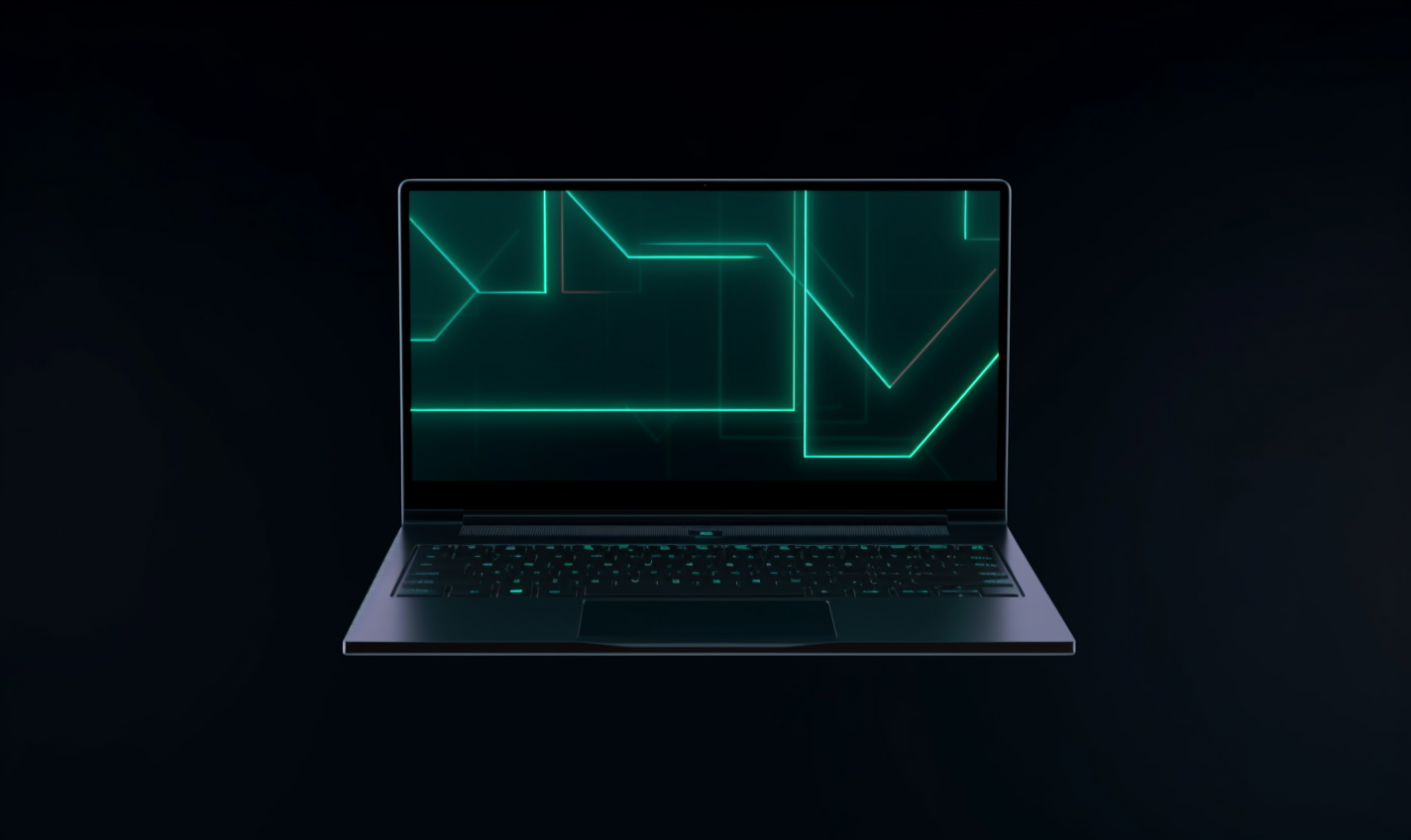What is a VPN? You may have heard the term VPN, or virtual private network, circulating recently, especially in conversations about the internet and security.
It’s a private network that builds upon an existing public network to access, send, receive and download data. It offers additional private security on top of what a public network already has, allowing you to access your information without the risk of third-party interference. A VPN can protect any device — laptop, desktop or mobile — while you use them for anything from email to financial matters. As of 2018, 26% of global internet users take advantage of this technology.
Though there are benefits to having a VPN, it also comes with some drawbacks, too. Here is what you should know.
The Benefits of a VPN
A VPN has many benefits that you can enjoy while you travel or sit at home. The first is security. This system can protect you and your data by shielding your internet protocol (IP) address, which can then encrypt any form of communication from your device. With a hidden IP address, you can mask your browsing history and reduce the risk of security threats like virtual theft. It can also avoid third-party spying like hackers, governments and more.
Your browsing history is mostly safe, but no VPN can ensure total anonymity. Nevertheless, with your IP hidden, it’s harder for others to interfere or attain your information, something that’s crucial when on unsecured or public Wi-Fi networks. Another benefit includes fast streaming and downloads with no bandwidth limits. If you’re someone who streams content frequently, this technology can make the process smoother.
A VPN also allows you to unblock censored websites. Some countries suppress social media, so if you plan to go somewhere with restricted access, you may want to invest in a workaround.
While you’ll find an abundance of benefits with VPNs, there are some flaws as well.
The Drawbacks
Before investing in a VPN, you should consider the problems others encounter. For instance, the technology may be illegal where you live. Some countries have banned VPNs, such as China, Turkey and Russia, so do your research before investing or traveling.
Similarly, anti-VPN software is becoming more popular and effective. These programs aren’t necessarily something only hackers or governments use, either. For instance, Netflix uses VPN blockers. In addition, it can contain malware that can harm your device. One study revealed that 40% of Android-based VPNs have harmful software elements that can compromise your data.
While a VPN can speed up your streaming or downloads, it can also slow down your connection speed if it’s not high-performance. Be careful of the VPN connection dropping altogether, too. When this happens, your IP address can become exposed. If you plan to invest, look for a VPN provider with a kill switch, which stops your IP address from becoming public despite losing a connection.
Despite secure networks and a kill switch, there is no guarantee of anonymity, and going entirely incognito isn’t possible.
After considering the pros and cons, all that’s left to decide is if the technology is the right choice for you.
Do You Really Need a VPN?
If the benefits and drawbacks don’t sway you one way or another, there are some other factors to help decide. Consider buying a VPN if you do any of the following:
- Travel frequently
- Use public Wi-Fi often
- Share files between devices
- Need files or content downloads quickly
- Require journalistic or activist anonymity
- Want to shield your use from outside parties
Depending on the frequency of these activities, you may want to invest in a VPN. Though it has drawbacks, the benefits can keep your information and identity secure.
Recent Stories
Follow Us On
Get the latest tech stories and news in seconds!
Sign up for our newsletter below to receive updates about technology trends














